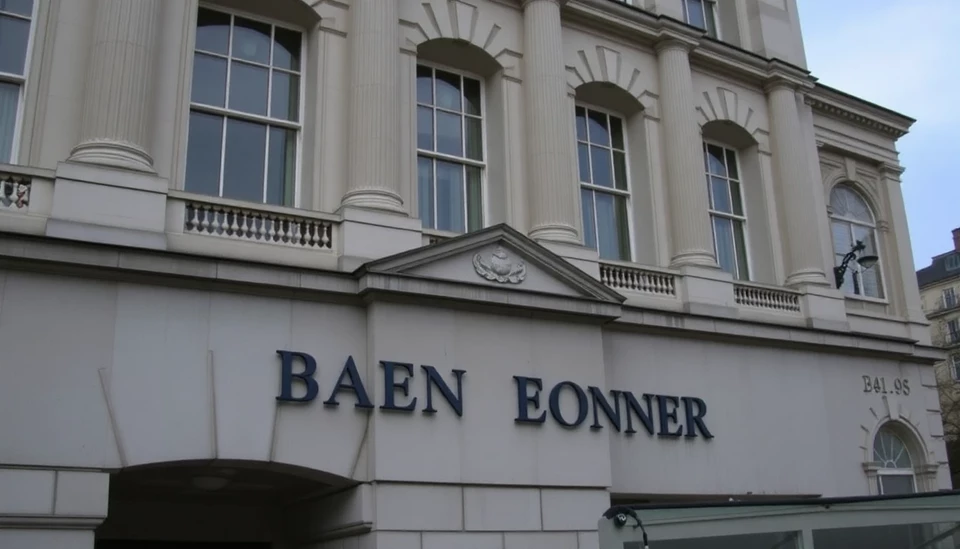
In a decisive move signaling a cautious approach towards the economic landscape, the Bank of England has opted to maintain its key interest rate at 4.25%. This decision, made on March 20, 2025, was reached following an 8-1 vote among the Monetary Policy Committee (MPC) members, reflecting a split that echoes growing concerns over economic stability.
The lone dissenter in the vote, Swati Dhingra, advocated for a rate hike to 4.5%, urging a more aggressive stance to combat persistent inflationary pressures. Dhingra's position underscores a larger debate within the committee about the appropriate balance to strike between controlling inflation and ensuring economic growth, particularly in an environment of uncertainty.
Governor Andrew Bailey and the majority of the committee members expressed a more measured outlook, indicating the need to pause and reassess the broader economic conditions following a series of prior rate increases. Their decision comes amid signs that inflation, while still above the target, may be starting to stabilize, suggesting that previous rate hikes are beginning to have an effect. The committee’s approach reflects a nuanced acknowledgment of the delicate interplay between inflation control and economic expansion.
As businesses and consumers alike grapple with the ramifications of fluctuating interest rates, the Bank of England’s latest meeting has drawn attention to ongoing issues including sluggish wage growth, rising energy prices, and the potential impact of geopolitical tensions. Concerns are also mounting regarding the possibility of a recession, compelling the MPC to adopt a wait-and-see approach before making any further adjustments to the rate.
Market analysts are closely watching how consumers will react to these developments, particularly in the housing sector, which has been notably sensitive to interest rate changes. With the cost of borrowing already elevated, many are anxious about potential shifts in housing demand and mortgage affordability.
The committee hinted at a commitment to remain vigilant, suggesting that if inflation trends continue to dissipate, they might be inclined to adjust the trajectory of their monetary policy. Bailey stated in his post-announcement remarks that the bank's actions will depend largely on forthcoming economic data, underscoring the fluid nature of the current situation.
Looking forward, the Bank of England has signaled that any future rate changes will be contingent on the interplay of economic indicators, including inflation and employment rates. Analysts project that the central bank will proceed with caution, continuing to balance its dual mandate of stabilizing prices while fostering conditions that lead to sustainable economic growth.
With upcoming economic indicators expected to play a crucial role in shaping the Bank’s future decisions, stakeholders are advised to stay tuned for further press releases discussing economic forecasts and policy developments from the MPC. The outlook remains uncertain, and stakeholders must remain adaptive amidst an ever-changing economic backdrop.
As the financial world absorbs the implications of today's decision, the focus will undoubtedly shift towards the upcoming data releases that could sway the committee's stance in the months to come.
#BankOfEngland #InterestRates #MonetaryPolicy #InflationControl #EconomicGrowth #FinancialNews
Author: Laura Mitchell




